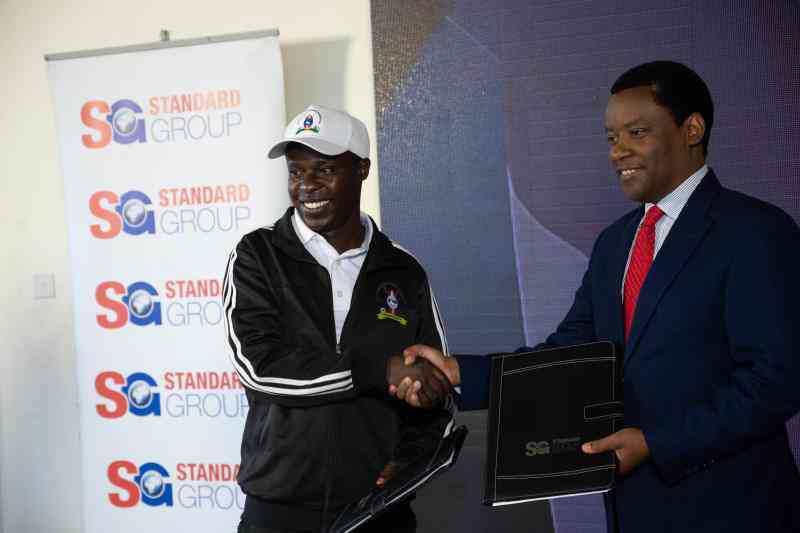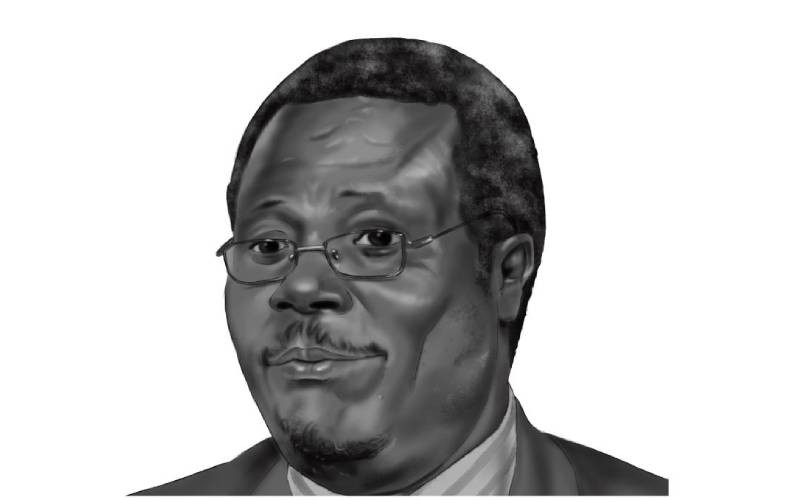By Henry Munene
[email protected]
The Kenya Certificate of Secondary Education exams kicked off to a rather unfortunate but not unpredictable start, with several cases of cheating reported around the country. And it is saddening that, thanks to our age-old culture of cheating, boys and girls for whom academics has been no forte end up trouncing really brainy chaps who were often times kept away from school by lack of school fees or had no cash to buy the papers from the black market.
What shocks you about the whole exam cheating matter is that we are quite effusive in our condemnation of the students who are caught with mwakenyas tucked in their inner clothes, but go on as if no questions should be asked about how the papers find their way to the students, sometimes many days before exam day.
The knee-jerk reaction, year in year out, has been that the exam papers that the students are caught with are either not real or were sneaked out from the examination centres. So the students are – deservedly – charged in court, many schools’ results are cancelled and everyone accepts and moves on.
We hardly seem to care what it means for the future. It matters little that the students are able to cheat because we seem to examine ability to cram points into the candidates’ minds – and to buy exam papers and write mwakenyas – and care little about whether the candidates understood the concepts they were taught. Is this really the way to prepare the workforce expected to drive the nation to achieve the remarkably brilliant goals set out in Vision 2030?
Sadly, the national exams seem to be a microcosmic representation of the attitude that we have refused to shed over the years as a nation.
Coming only days after the KDF paperbags-and-water saga, it points to our inability or unwillingness to audit our institutions in the face of smoking-gun evidence that the slimy maggots are slowly creeping back in and must be stopped before they mess up all that we set out to achieve when we jubilantly thronged Uhuru Park on August 27, 2010 to witness the promulgation of the new Constitution.
Lest we forget, the 2010 Constitution was supposed to be a turning point at which we would start crafting strong, credible and infallible institutions after realising that a nation founded on the belief in the goodness of mankind is likely to be hijacked by – in our case ethnic – saboteurs who come preaching milk and honey and who may end up taking the nation to the edge of the cliff. And we should know, having been introduced to the horror of living on the edge of the civil strive abyss in January 2008.
So what is the way forward for the security forces, the education system and just about every other public institution in Kenya? The Jubilee regime must avoid the pitfalls of the past. In the spirit of devolution, Vision 2030, the 2010 Constitution and all other progressive reference points we have come up with, we must pull our 50-year-old head out of the sand and seriously set out to revamp our crucial institutions.
We must carry a candid and brutally honest SWOT (strengths, weaknesses, opportunities and threats) analysis with a view to strengthen every institution to the extent that they will be bigger and more resolute than their creators.
This way, the matatu driver high on a concoction brewed in a smoky Kariobangi room with no postal address will think twice before running over children at the Githurai 45 stage. That way, the fear of the lord will be instilled in all of us as it will be amply clear that once we veer off the law there will be no way out.
For it is only through credible institutions and fidelity to the truth – not ethnic overlords and messiahs – that we can heal this country and reverse a trend where we are forever managing crises.
The writer is Revise Editor for ‘The Counties’
Stay informed. Subscribe to our newsletter
 The Standard Group Plc is a
multi-media organization with investments in media platforms spanning newspaper
print operations, television, radio broadcasting, digital and online services. The
Standard Group is recognized as a leading multi-media house in Kenya with a key
influence in matters of national and international interest.
The Standard Group Plc is a
multi-media organization with investments in media platforms spanning newspaper
print operations, television, radio broadcasting, digital and online services. The
Standard Group is recognized as a leading multi-media house in Kenya with a key
influence in matters of national and international interest.
 The Standard Group Plc is a
multi-media organization with investments in media platforms spanning newspaper
print operations, television, radio broadcasting, digital and online services. The
Standard Group is recognized as a leading multi-media house in Kenya with a key
influence in matters of national and international interest.
The Standard Group Plc is a
multi-media organization with investments in media platforms spanning newspaper
print operations, television, radio broadcasting, digital and online services. The
Standard Group is recognized as a leading multi-media house in Kenya with a key
influence in matters of national and international interest.








